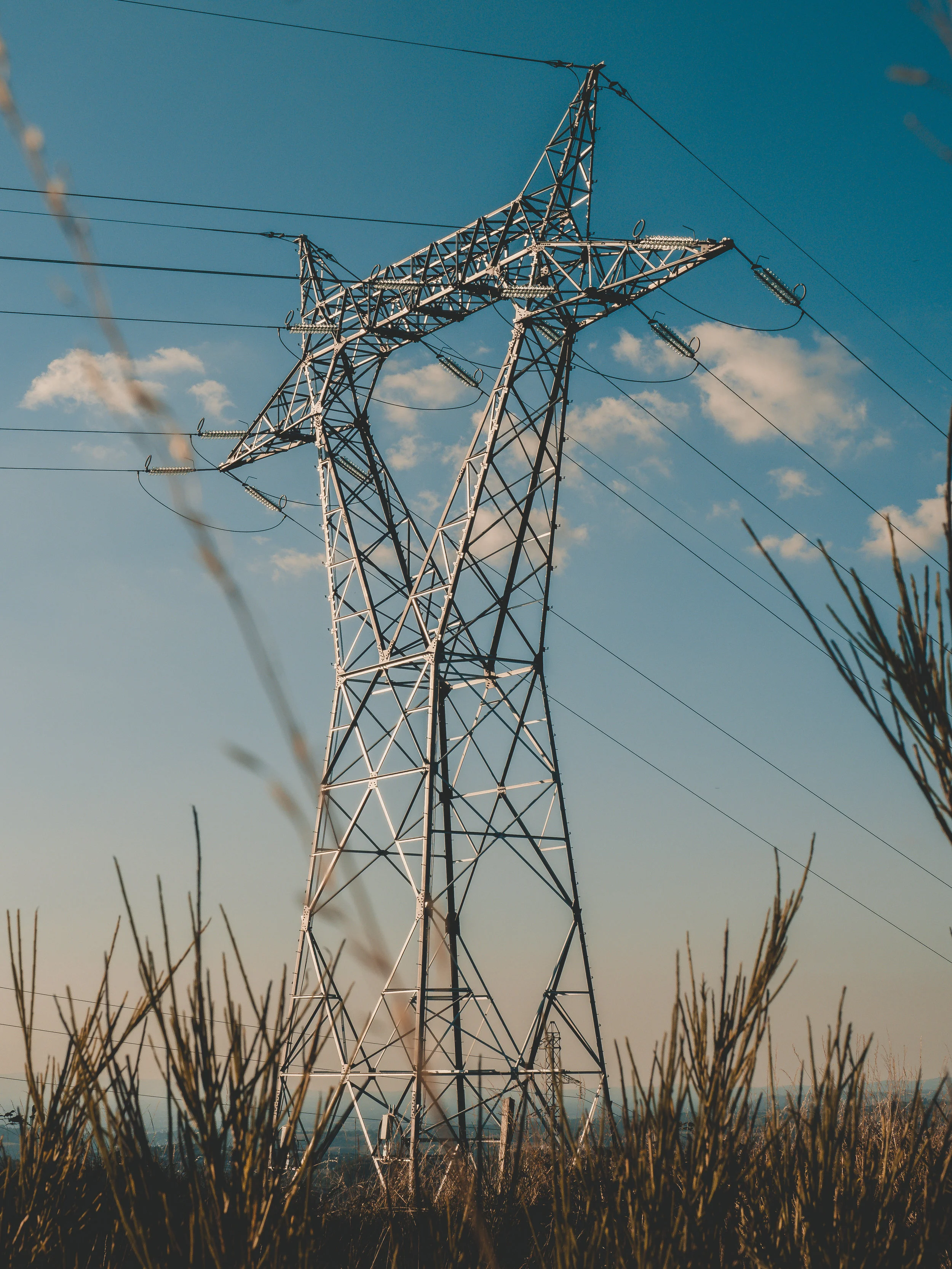Academic Projects
Recent and ongoing work
Anti-corruption Research
Along with colleagues John Heathershaw (University of Exeter), David Lewis (University of Exeter), Jason Sharman (University of Cambridge), and Ricardo Soares de Olivera (University of Oxford), Alexander Cooley is part of this anti-corruption research team. This project, funded under the DFID-Global Integrity Anti-Corruption Evidence Partnership, aims to assess within its two year period the effectiveness of the international AML regime with respect to banking, real estate purchases, and charitable investments via anonymous shell companies. In particular, it will focus on money laundering by the elites of various Central Asian and African states.
On December 8th, 2021 researchers of this project will speak at Chatham House.
Russian Studies & the Social Sciences
In the fall of 2016, facilitated by a generous grant from the Carnegie Corporation of New York, the Harriman Institute launched an intensive two-year project to expand the study of Russia across the social sciences at Columbia University and the greater New York university community. Alexander Cooley is the principal investigator for this project.
Cold Wars and the Academy
Ahead of its 70th anniversary in 2016, the Harriman Institute, in collaboration with the Columbia Center for Oral History Research, and the Interdisciplinary Center for Innovative Theory and Empirics (INCITE), embarked on an oral history project that would document the Institute's substantive role in area studies and academia and its influence on the making of U.S. foreign policy towards the Soviet Union, Russia, and Eurasia. The project undertook in-depth interviews with 26 individuals, including directors, professors, staff, and senior affiliates of the Harriman Institute. Read a project findings summary memo by Cooley and Project Director George Gavrilis.
Undermining Hegemony
Developments in the last fifteen years have driven renewed interest in hegemonic-stability and power-transition theory. The persistence of US-centered primacy during the 1990s produced new arguments for the stability of unipolar orders. Recent attention to the rise of China has made the dynamics of power transitions a central concern for work on grand strategy and interstate security.



